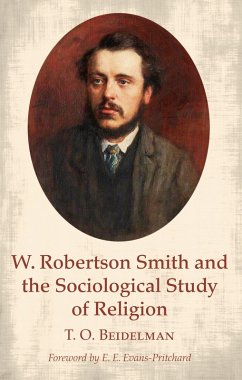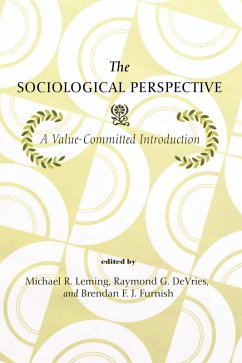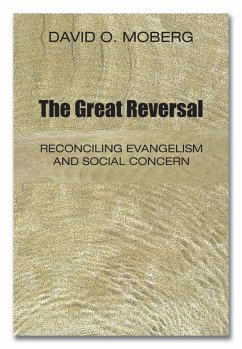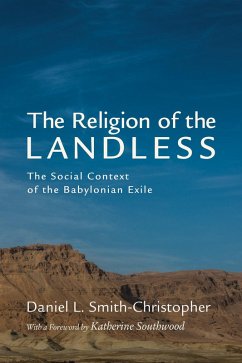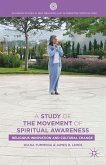William Robertson Smith (1846-94) was one of the most profound and versatile Victorian thinkers--a principal figure in the development of social anthropology and the founder of modern sociology of religion. In W. Robertson Smith and the Sociological Study of Religion, T. O. Beidelman, a renowned anthropologist and ethnographer, relates Smith's personality and career to the radical nature of his investigations. His study contains the only readily available account of Smith's life, and represents the only attempt to place Smith's work within the contemporary perspective of the field of social studies. Professor Beidelman discusses how Smith introduced to Britain the revolutionary interpretations in the fields of biblical and Semitic literary studies first formulated by Continental scholars, as well his original views on the interrelationship between human psychology, social structure, and history. The author also reviews the intellectual background and basic themes of Smith's work, the impact that it had upon his contemporaries, and the later influence that his theories had upon such diverse thinkers as Durkheim, Mauss, Hubert, Frazer, Radcliffe-Brown, Evans-Pritchard, and Freud. In his Lectures on the Religion of the Semites, his last and most famous work, Smith sought to define the essential nature of religious behavior, and he approached the analysis of social institutions through comparative and historical studies. This is a problem that remains central to social anthropology, and the general methods by which Smith endeavored to clarify it are still employed today. Professor Beidelman indicates the ways in which Smith may still be read with profit, and he supplements his study with an extensive bibliography of works by and about this influential thinker.
Dieser Download kann aus rechtlichen Gründen nur mit Rechnungsadresse in A, D ausgeliefert werden.

